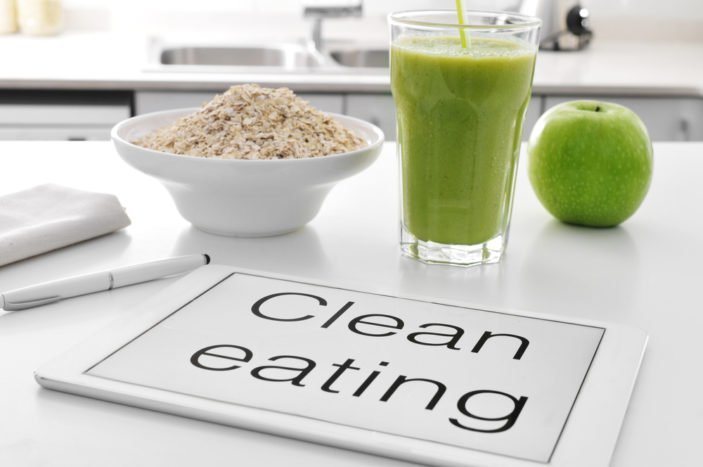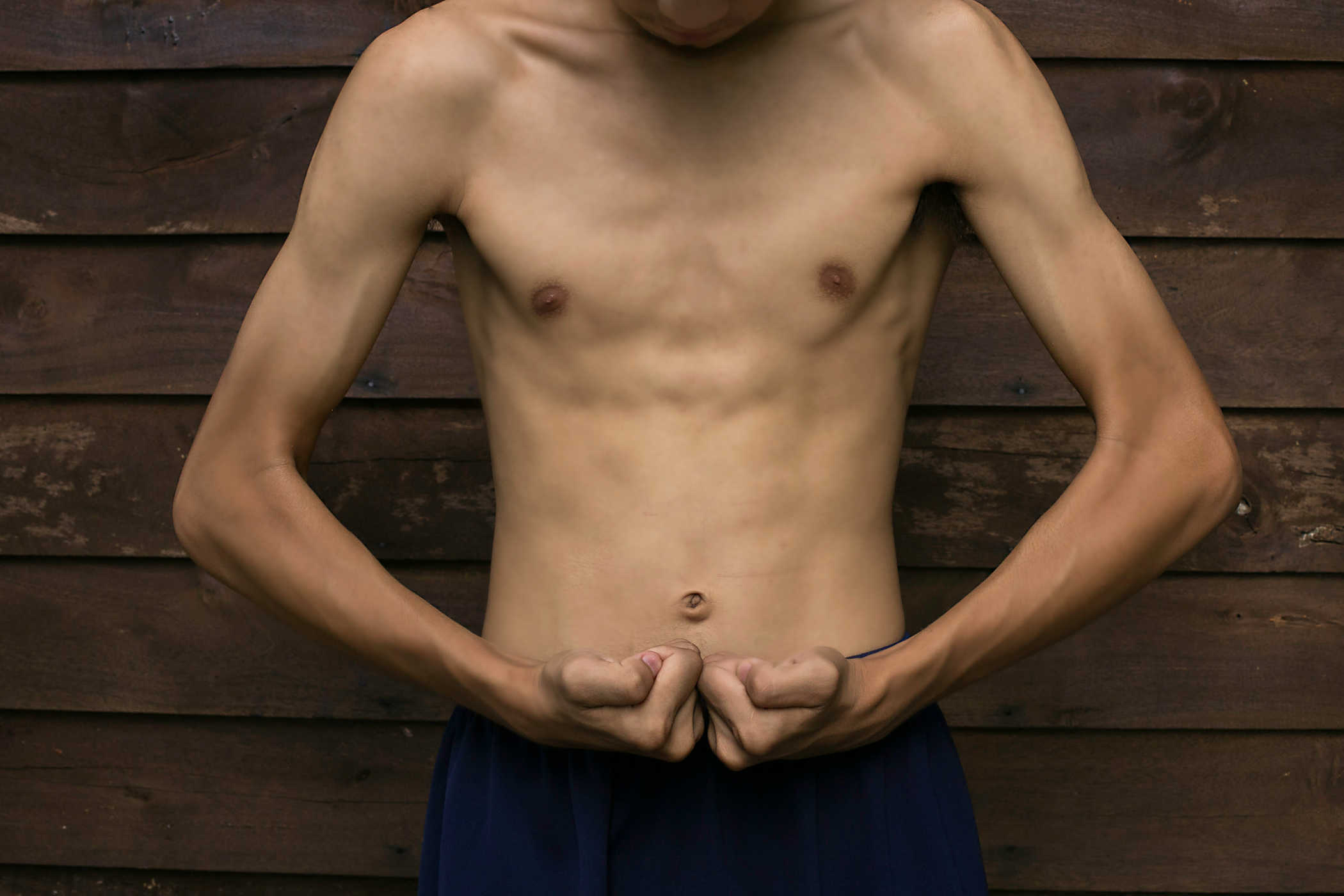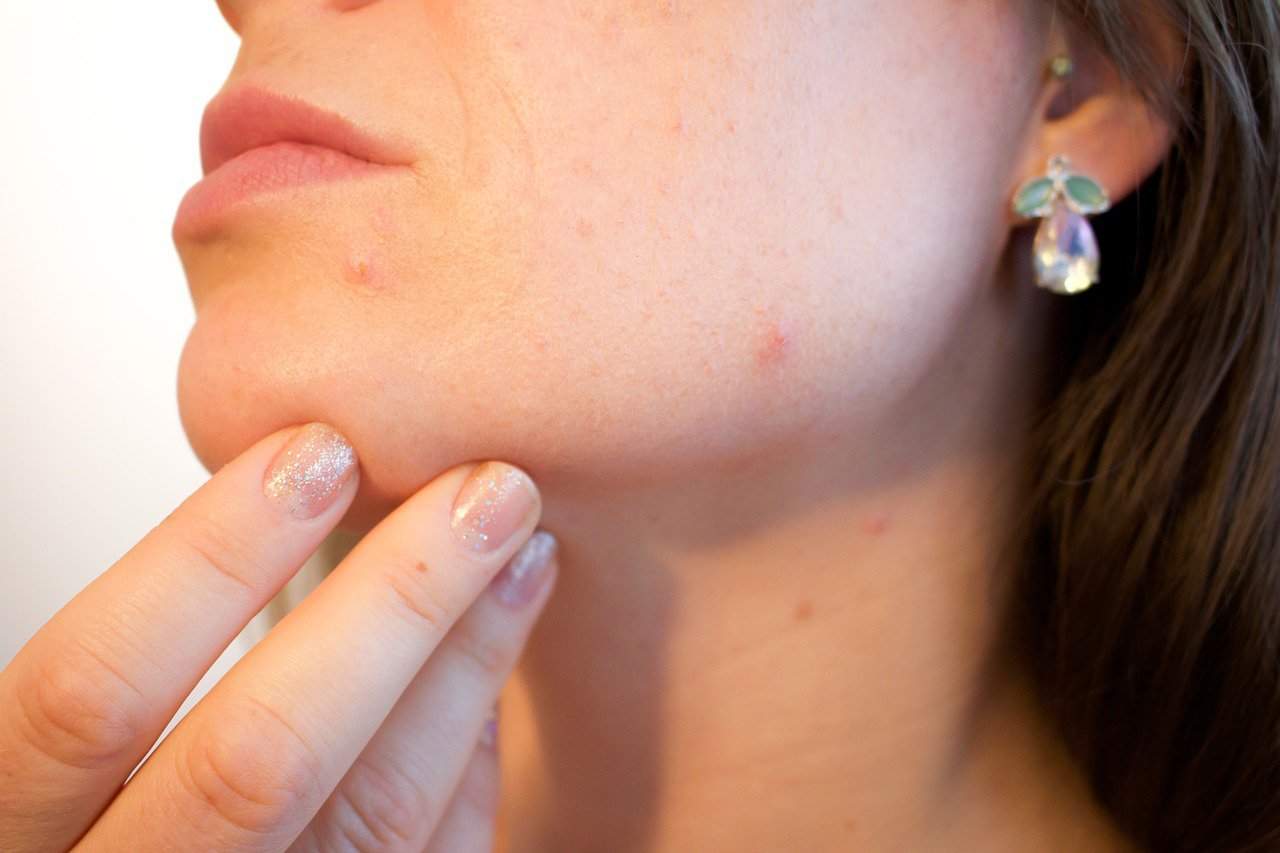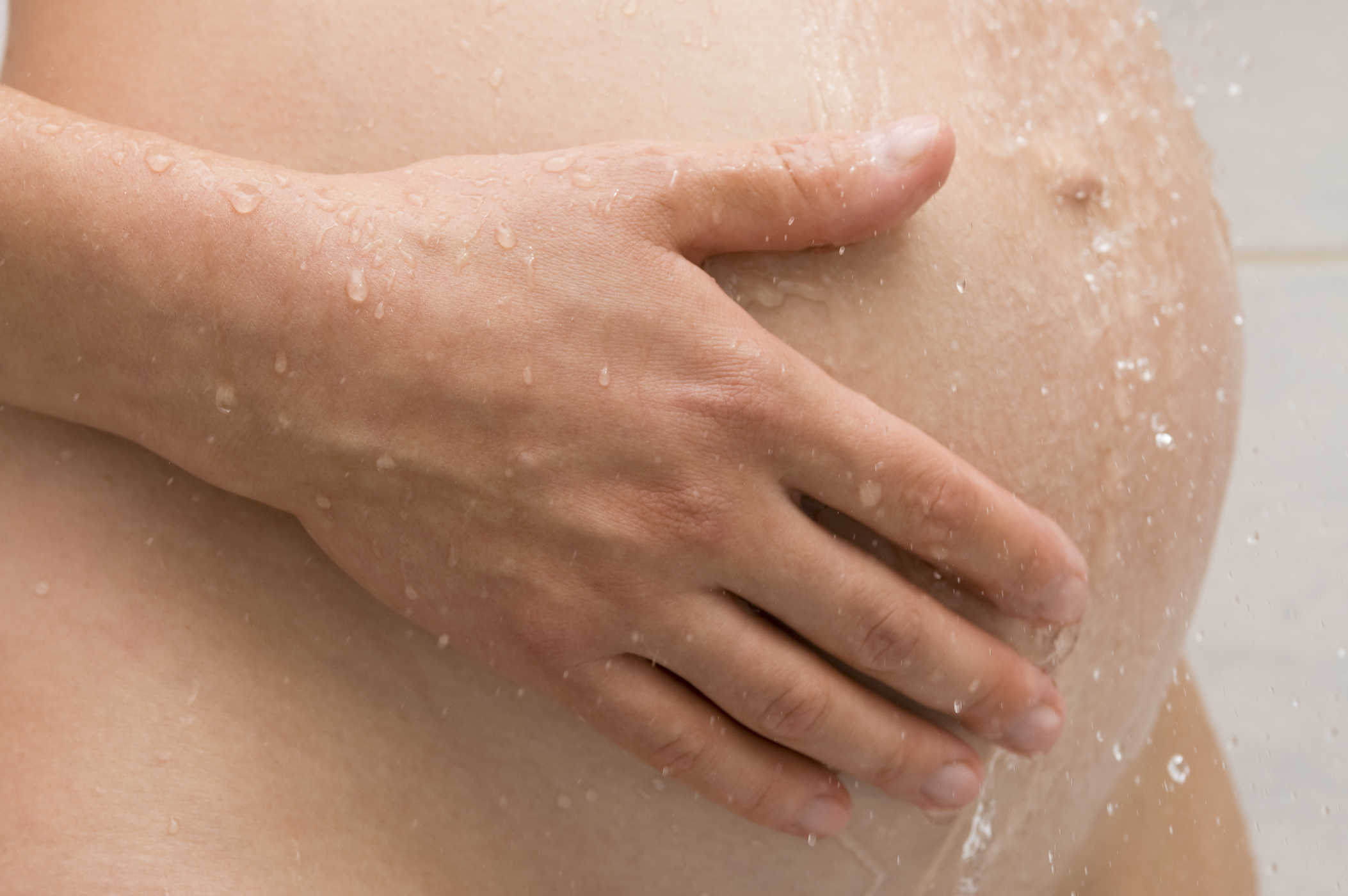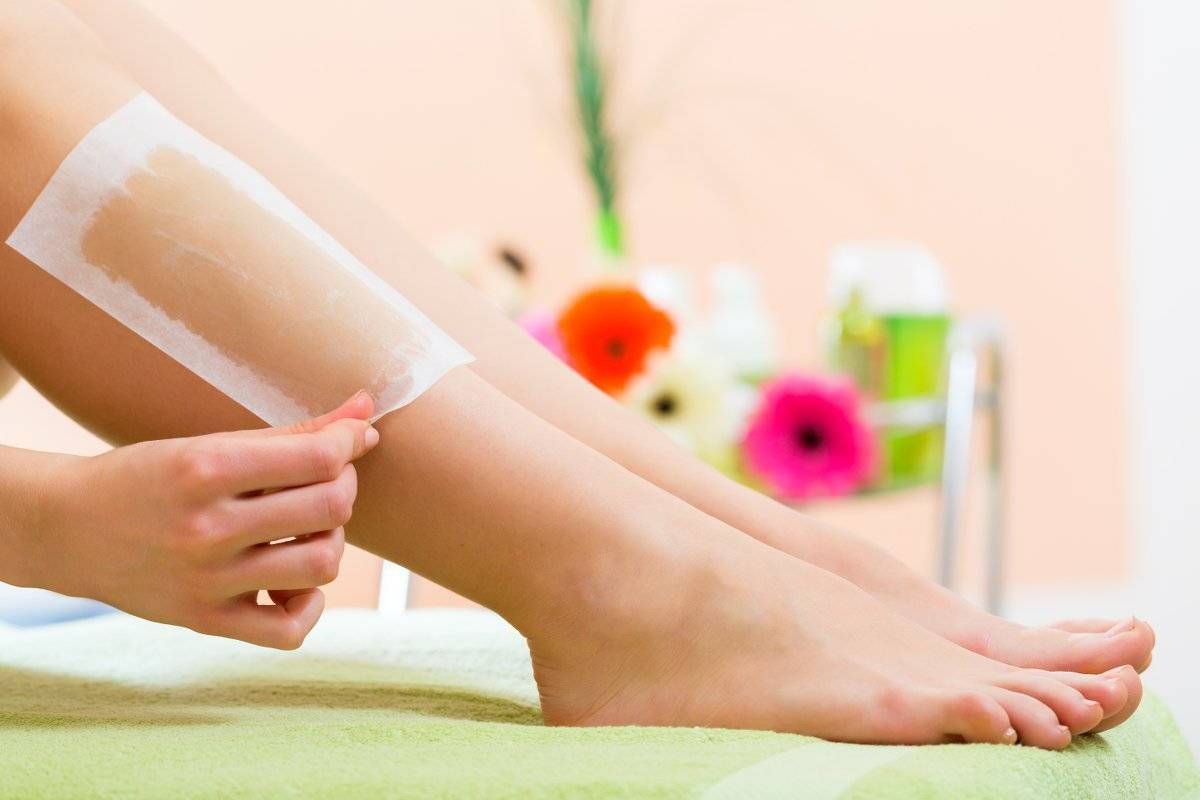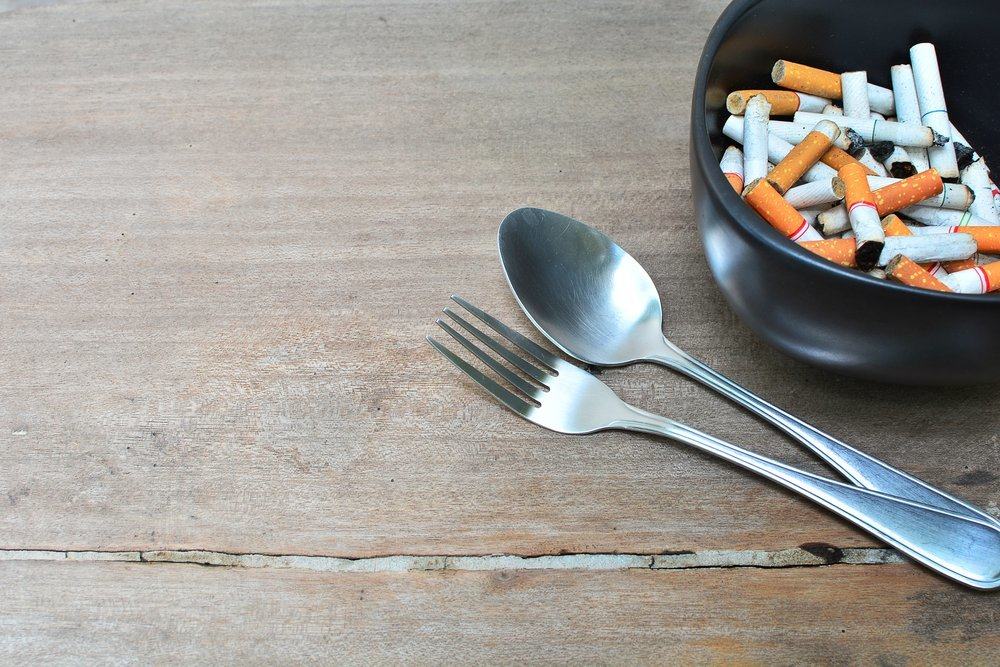Contents:
- Medical Video: CAILLOU THE GROWNUP
- Get to know the various causes of black and porous teeth in children
- Is it possible for porous teeth in children to be carried into adulthood?
- So, how to overcome the problem of porous teeth in children?
Medical Video: CAILLOU THE GROWNUP
As a parent, you certainly want your little one to continue to smile by showing his small white teeth. However, not a few children are faced with the problem of black and porous teeth. Secretly, you might be anxious and afraid that this condition will carry over until your child grows up. So, is it true that tooth loss in a child will continue to survive like that until he grows up? Find out through the following reviews.
Get to know the various causes of black and porous teeth in children
Black teeth and porous teeth are two of the most common dental problems in children. This can be caused by various things, including:
- Not maintaining dental hygiene. When children do not brush their teeth properly, bacteria in the mouth will form plaques and stick to the teeth. Over time, this will cause discoloration of the child's teeth, from yellowish to blackish.
- Injuries to teeth and gums. For example the little one falls while playing to make the gums bleed. If the blood does not come out, the blood will clot inside the gum and eventually affect the color of the tooth to blue to black.
- Take certain medicines. Look again at the type of medication consumed by your child. Children's medicines containing iron can actually cause stains on a child's teeth. Not only that, consumption of tetracycline antibiotics during pregnancy or breastfeeding can also cause discoloration and porous teeth in children.
- Default born. This usually occurs because the child is born in a condition with too much bilirubin in his blood, so that the color of the baby's teeth also changes to greenish or yellowish.
To ensure the cause of discoloration and tooth loss in children, consult a dentist immediately.
Is it possible for porous teeth in children to be carried into adulthood?
The possibility of whether or not a porous tooth problem in children continues into adulthood depends on the type of tooth, including milk teeth or permanent teeth. If the tooth is porous in a child that occurs in milk teeth, then this possibility will not be carried away until the little one grows up because it will be replaced with healthy permanent teeth.
Basically, the child's milk teeth will gradually date or dislodge then be replaced by permanent teeth. These milk teeth usually start dislodging at the age of 6-7 years and end at the age of 11-12 years. Dislodged milk teeth will soon be replaced with permanent teeth within one week to six months.
Well, the phase of dislodged teeth in children will also occur in parts of the teeth that are blackened or porous. But the difference is that permanent teeth will grow longer when replacing problem teeth than healthy milk teeth.
According to drg. Mary J. Hayes of the Feinberg School of Medicine in the United States, the problem of black teeth and porosity in children not only infects one tooth, but can also infect permanent teeth that will appear. If left unchecked, this condition will make the milk teeth dislodged too early.
According to the American Dental Association (ADA), milk teeth that are dislodged too early will cause permanent teeth to grow pressing on other milk teeth. In other words, permanent teeth will grow in an asymmetrical manner so that it is difficult to clean. As a result, these permanent teeth will be prone to loss such as previous milk teeth problems.
Conversely, if the tooth is black or porous in the child, including permanent teeth, then the possibility of this will continue to carry into adulthood and require further treatment.
So, how to overcome the problem of porous teeth in children?
As previously explained, the problem of black teeth or porous teeth in children will not be carried into adulthood if they occur in milk teeth. This means that damaged baby teeth will soon be replaced with healthy permanent teeth.
However, whether or not the permanent teeth are in the hands of you and your child. If you can get your child to brush his teeth regularly, then your baby's permanent teeth are guaranteed to stay healthy and avoid the risk of damage.
To overcome the problem of teeth that have blackened and porous children, immediately consult the problem to the child's dentist. The doctor will see the risk of infection in the child's teeth. If the problem of black teeth and porousness in children is considered too severe, the doctor may do tooth coloring (stain) or pulling teeth to break the chain of infection.


